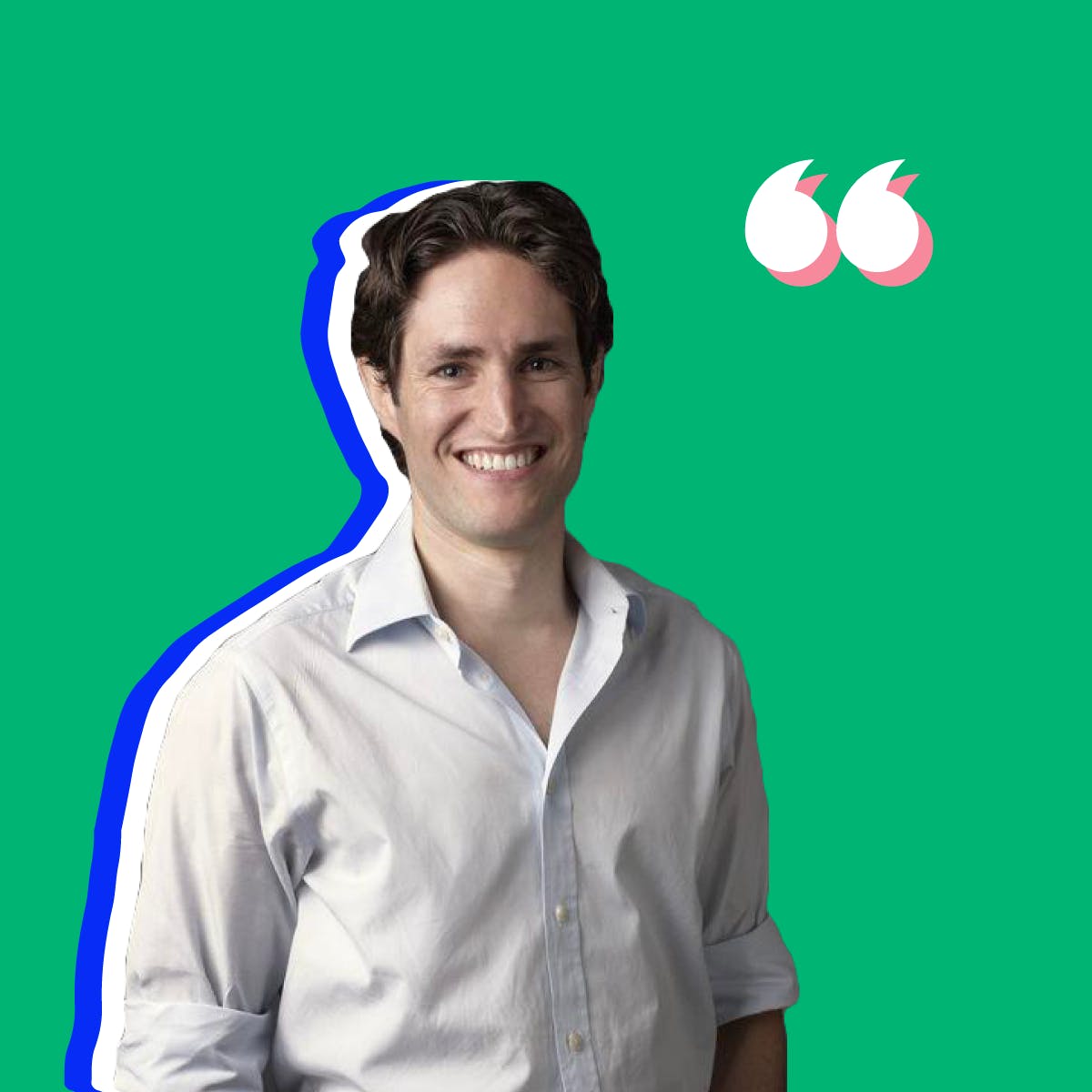Interview with Adam Alter
LET’S NOT TURN A BLIND EYE TO THE ADDICTIVE NATURE OF TECH
Adam Alter has done extensive research and writing about the addictive nature of tech, which has made him a New York Times bestselling author.
As digital marketers we can’t turn a blind eye to addictive nature of technology. And as a marketing professor at NYU Stern School of Business, Adam has a unique perspective. He has a passion for marketing, but also understands how the digital world can be used to create destructive habits and remove us from reality.
So here’s what Adam had to say about getting the good out of it all. (Remember that Adam spent his youth in South Africa and Australia, so account for

The unexpected effects from blurring the lines between our work and personal life
As we’ve worked from home during The Great and Terrible Era of COVID, the lines between our work and personal lives have blurred. And these lines often get really unclear when it comes to our phones and computers.
Surprisingly, Adam is hopeful about people using their devices more for work. He explains, “For many people that makes [the devices] less appealing. That remains to be seen, but the optimistic side of me hopes we’ll clamor for offline activities and time spent face to face with others once the pandemic is completely behind us.”
The idea that these changes might draw us away from technology is encouraging. But we still need to develop healthy habits to avoid being consumed by the online world.
The issue is, a lot of people have purposefully optimized technology to create unhealthy habits for us.
Adam’s recommendations for healthy device habits
Adam says, “Tech firms have done a great job of removing friction from every imaginable screen activity, and removing friction rather than adding sweeteners and rewards is often the best way to get people to behave a certain way. Make actions easier and people will do them more often and for longer periods.”
The tech firms have removed barriers between you and the technology, making it as seamless as possible for you to use it often. So Adam recommends adding your own barriers between you and technology to break unhealthy habits and create those good ones. Specifically, he recommends:
- putting your phone in a box during dinner time,
- putting your phone on airplane mode on the weekends, or
- removing your email app from your phone.
Use your marketing powers to help your audience become their best selves
Some organizations have removed friction from their platforms to make it difficult for people to tear themselves away from scrolling or develop other unhealthy habits and addictions. But Adam points out that “those same tools [tools that eliminate friction] can be used for the good—to encourage healthy eating, wiser consumption of products, saving for the future, education, etc.”
Let’s not forget in our personal and professional lives the power technology has for forming habits. Let’s make it work for our good and the good of our customers!
